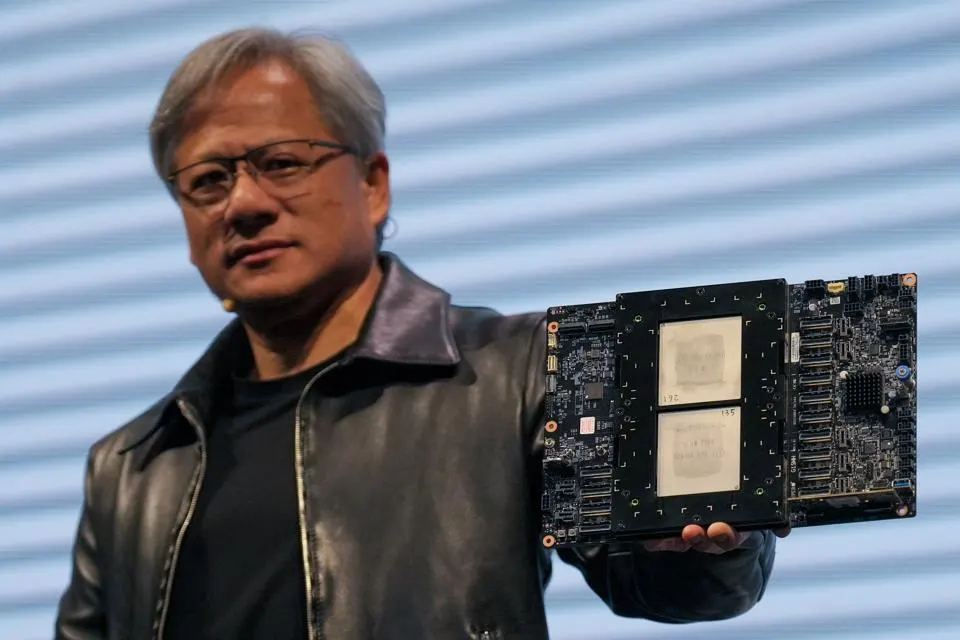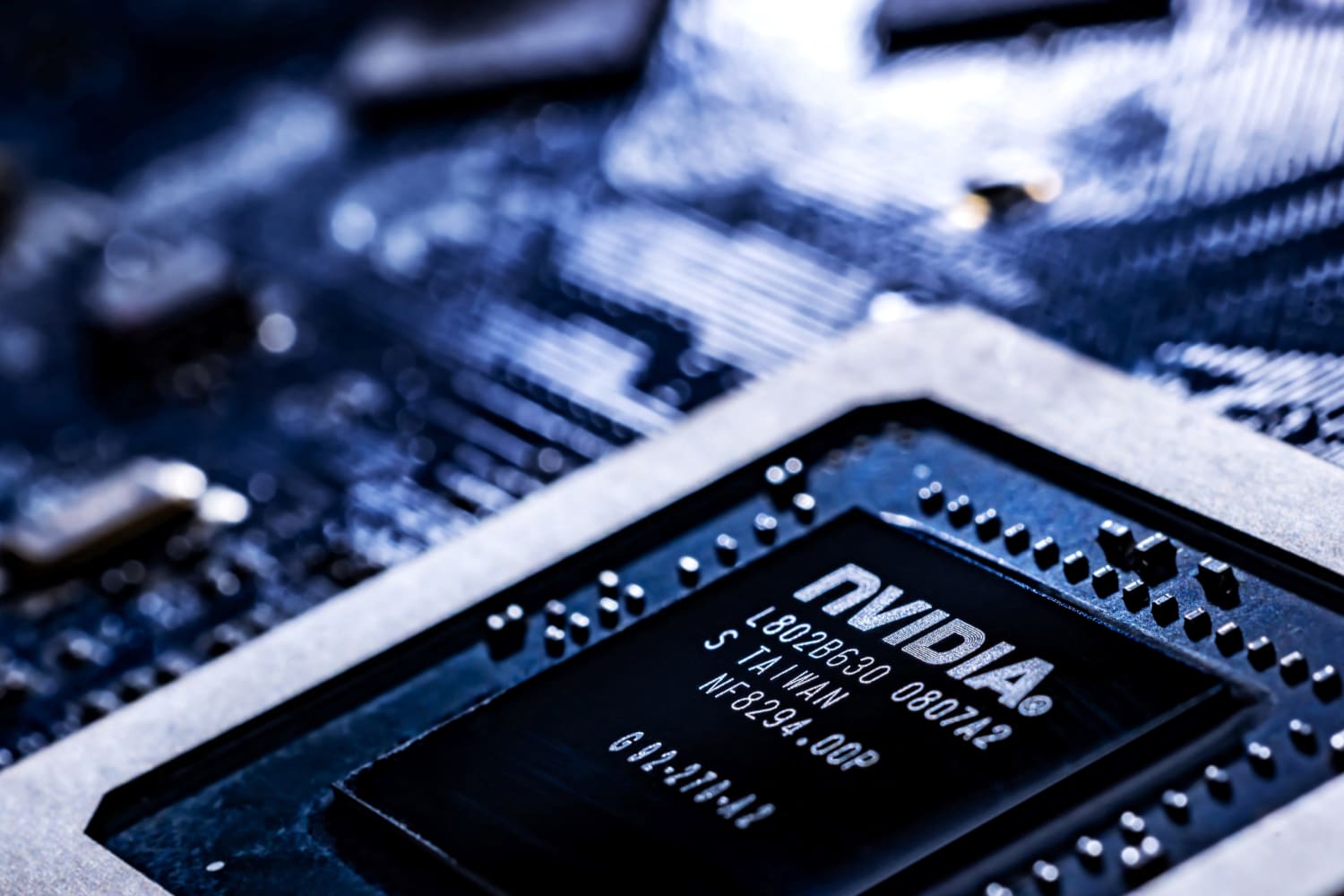During an economic forum at Stanford University, Nvidia CEO Jensen Huang speculated that artificial general intelligence (AGI) might emerge within five years, contingent upon its definition. He noted that if AGI is defined as passing human tests, significant progress could be made within this timeframe.
Huang’s optimism stems from the rapid advancements in AI technology, particularly in specialized fields such as legal and medical domains. While current AI capabilities excel in certain assessments like legal bar exams, challenges persist in specialized medical tests like gastroenterology.


However, Huang anticipates substantial improvements within the next five years, enabling AI to excel in a broader range of assessments.
Despite his optimism, Huang acknowledged the ambiguity surrounding AGI’s definition, leading to varying estimations of its arrival. Engineers face challenges in achieving AGI due to the complexities of human cognition and differing perspectives on how human minds operate.
In addition to discussing AGI, Huang addressed concerns about the expansion of the AI industry and the need for more chip factories (“fabs”). While acknowledging the necessity for increased chip production to support AI growth, Huang emphasized ongoing advancements in chip efficiency.


He highlighted that technological improvements will mitigate the demand for a significant surge in chip production.
Huang’s remarks underscore the dynamic landscape of AI development and the challenges associated with achieving AGI. While significant progress has been made, the path to AGI remains uncertain, with differing perspectives and technological complexities shaping the timeline of its arrival.





